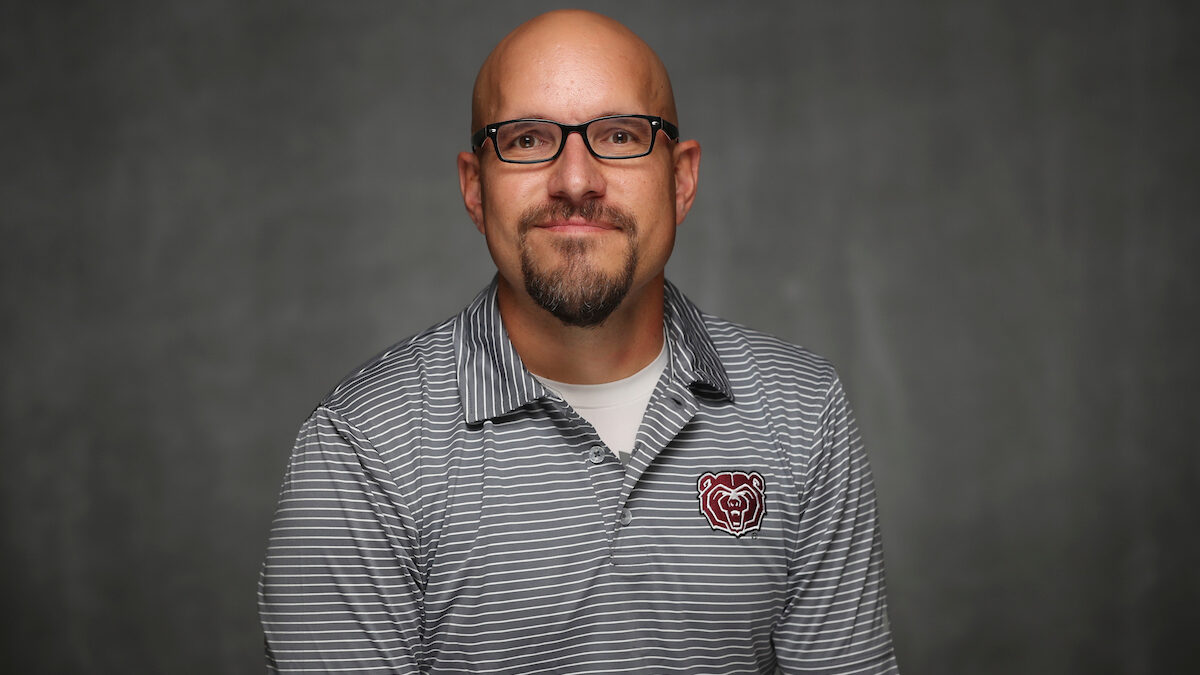Being selected to lead professionals is always an honor.
Dr. Quinton Phelps, Missouri State University associate professor of wildlife and fisheries biology, will be providing Fisheries Analysis and Modeling Simulator (FAMS) training for the Fisheries Division of the Kansas Department of Wildlife and Parks (KDWP).
The training will take place July 19-20 in Emporia, Kansas. He will be accompanied by biology research specialist Hae Kim.
“Biologists are constantly working to improve our resources and provide better opportunities to the public,” Kim said. “With this training, we play an awesome role in bridging that gap so biologists can focus on their day-to-day duties, and we present new emerging methods to better analyze and interpret data collected.”
Maintaining sustainability
The FAMS model provides fisheries biologists with a lot of insight into the sustainability of natural resources.
“This model has been historically used in marine environments to investigate overfishing in the ocean,” Phelps said. “It helps us make sure we aren’t overfishing our freshwater systems.”
Phelps will train other biologists on how to perform basic fisheries assessments to develop stock assessment models.
“Stock assessment models use basic information you would gain from a fish population to help us manage the systems for sustainability,” Phelps said.
Coming full circle
Leading this training is very special to Phelps.
“My first job as an 18-year-old was with the KDWP,” Phelps said. “From starting there while knowing nothing about fisheries to coming back 25 years later to the same place to teach scientists is incredible.”
Those who will be receiving Phelps’ instruction are not entry-level, either.
“There could be biologists attending this training who have been with the agency for 20 to 30 years, so much more seasoned veterans than I am,” he said. “We have quite a bit of knowledge on these models, and I think this training is going to be excellent for their agency.”

